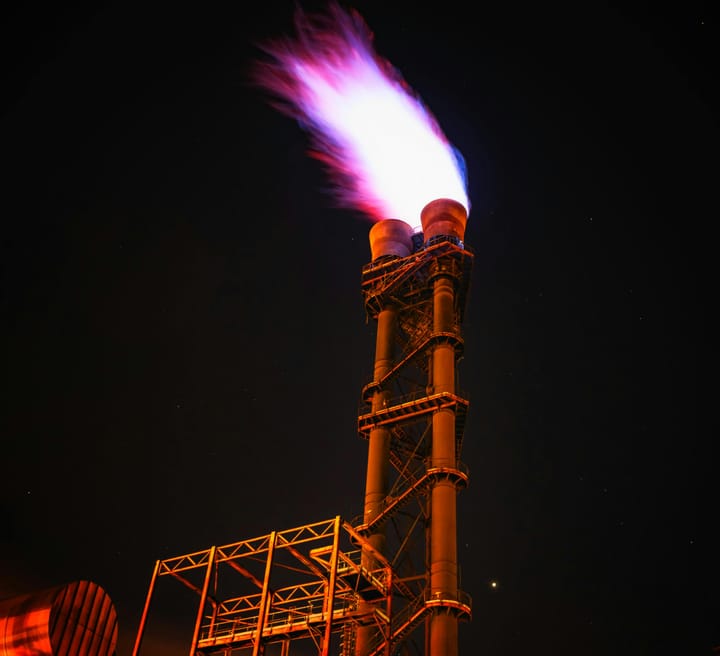DRC mining reform may come back to bite Big Tech [delayed]
![DRC mining reform may come back to bite Big Tech [delayed]](/content/images/size/w1200/2022/10/pexels-curioso-photography-288100.jpg)
Late last month, the Democratic Republic of Congo (DRC) outlined a plan to assume monopoly control of the country’s artisanal cobalt sector. A newly created state-owned company, Enterprise Generale du Cobalt (EGC), will be given standalone rights to purchase the metal from the informal mining industry.
Combined with sulphur, cobalt is a key component in charging lithium-ion batteries, used in scores of products from iPhone 11s to Tesla 3s. The DRC supplies roughly two-thirds of the world’s mined output, with an estimated 20 percent coming from the informal sector. For years, the country’s lucrative black market has been dogged by accusations of inhumane working conditions and child labour.
The creation of EGC is widely seen as a way of sanitising Congo’s lawless hand-mining industry. The DRC’s poor record on human rights since the election of President Felix Tshisekedi in 2018 has prompted several companies to phase out their reliance on cobalt. Tesla is currently in advanced talks to remove the metal from car batteries assembled at its Giga Shanghai plant. For its part, BMW has vowed to stop sourcing cobalt from the Congo.
While the government’s new scheme will be welcomed by cheerleaders of corporate responsibility, the move is also designed to shore up Congo’s meagre fiscal resources. According to the IMF, the DRC’s negligible tax base makes the poverty-struck nation vulnerable to debt repayment shocks. Clearly, integrating informal mining into the official economy would bolster state revenues.
More importantly, the EGC’s attempt to seize control of informal production would make Congo the world’s undisputed swing producer. In theory, the government could use its dominant market position to adjust domestic supply, thereby allowing it to determine the market price for cobalt. During periods of debt distress, the temptation may prove irresistible.
The upshot is that the creation of the EGC goes well beyond attempts to tidy-up Congo’s unofficial mining industry. While large tech companies have hailed recent efforts to allay human rights violations, the likes of Apple may balk at future attempts to manipulate cobalt prices.


